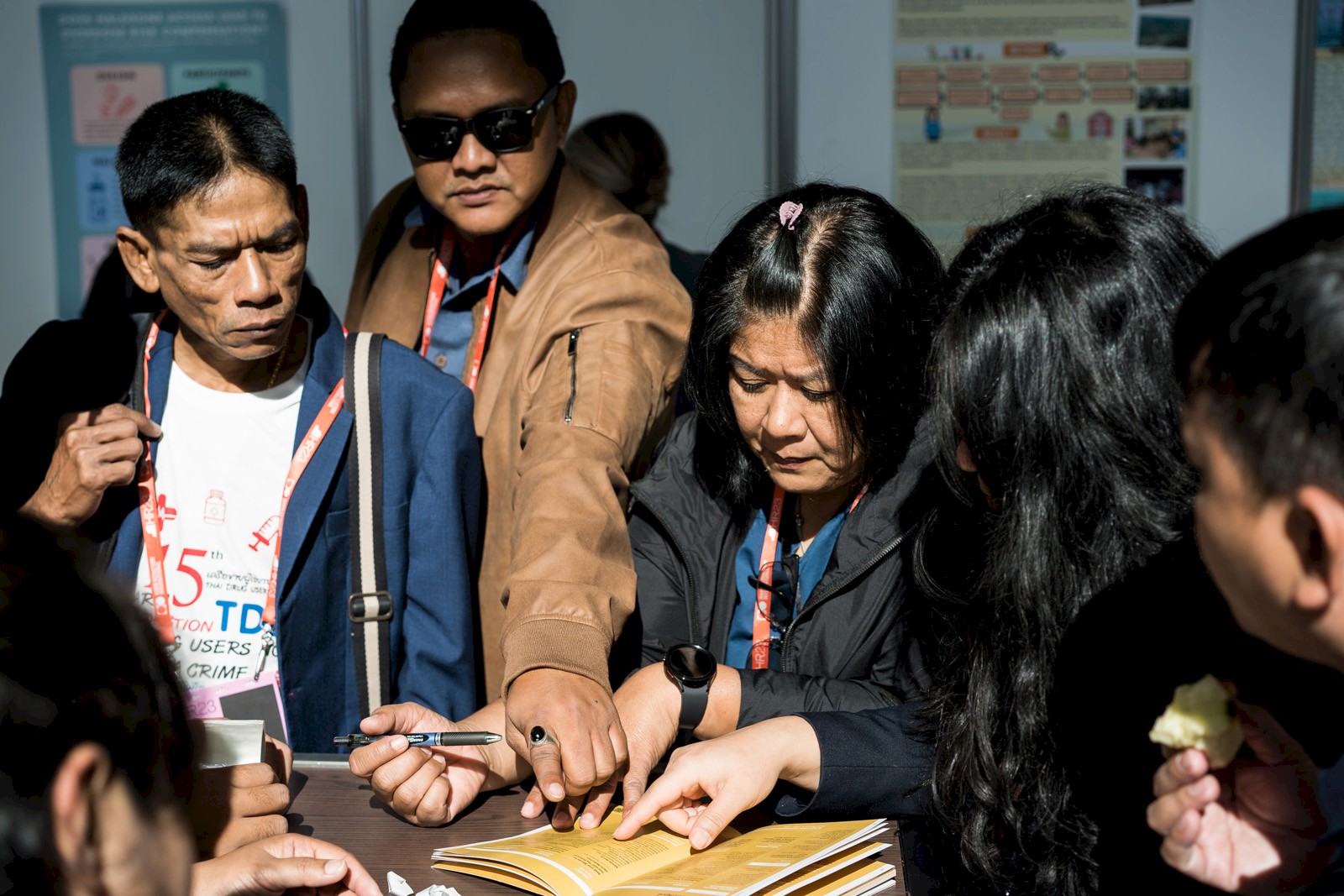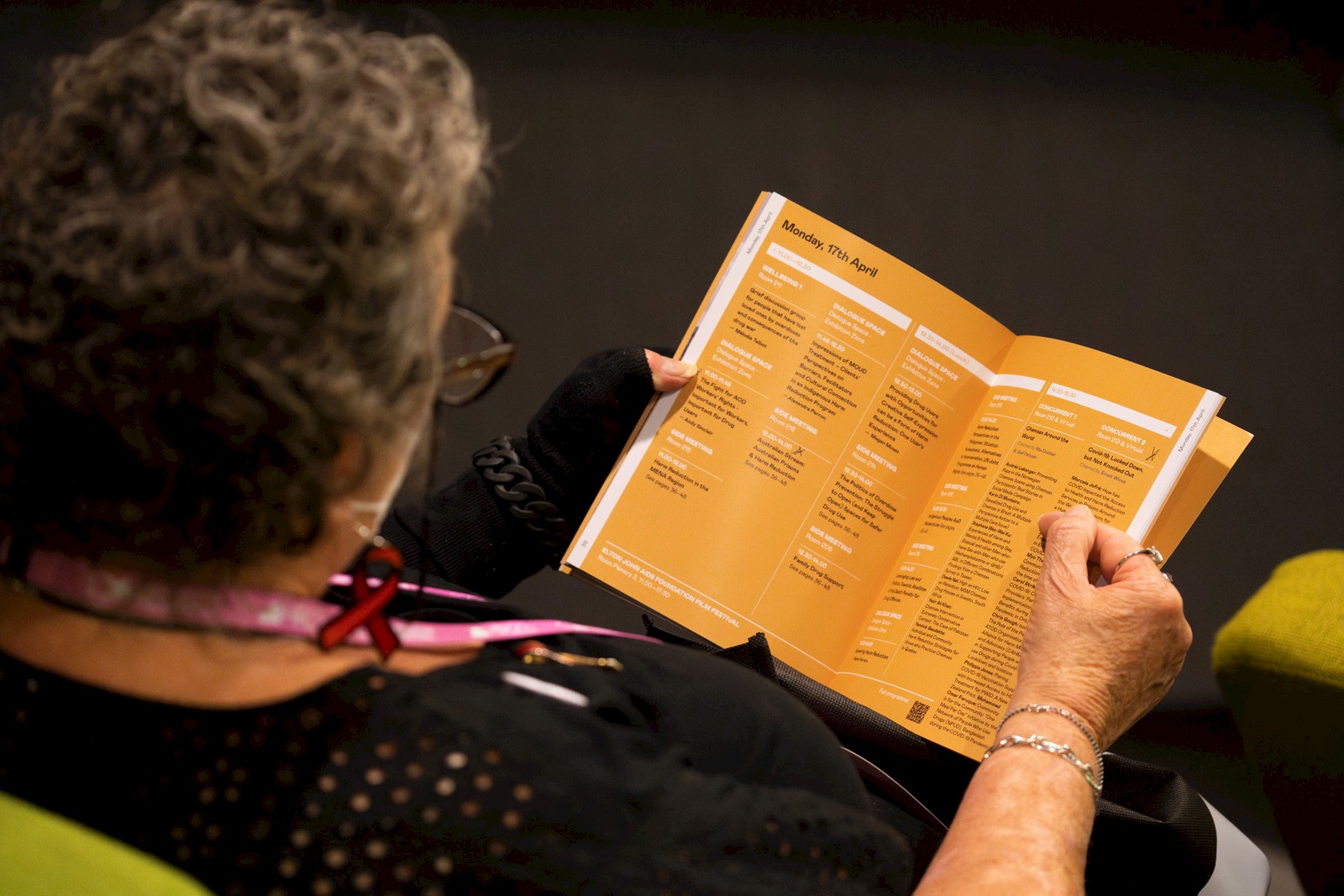
The overarching theme for HR25 was Sowing Change to Harvest Justice, reflecting our commitment to exploring and promoting strategies that foster social justice, equity, and peace in the context of drug policy. We were delighted to see this theme reflected in the programme, as well as how harm reduction intersects with other social justice movements.
The programme also included the foundational aspects of harm reduction, such as HIV prevention and treatment, hepatitis elimination, key populations, programming, Opioid Agonist Therapy (OAT), needle and syringe programmes, drug policy and overdose prevention.
The programme centred people who use drugs, an intersectional approach, and community-led responses. Women and young people were reflected throughout the conference.
You can read about the different types of session that we will offer at HR25 here. The full programme can be found here.
The list of topics for HR25 are listed below; they reflect the global rotation of the Harm Reduction International Conference, highlighting some of the priority issues for Latin America as we returned to the region for the first time in over 25 years.
Abstract submission closed on 14 October 2024.
The Online Review Committee (ORC) undertakes the considerable task of reviewing over 1000 abstract submissions. As 80% of the programme is driven by abstracts, the HR25 ORC needs to reflect a wide range of experiences with regard to drug use, sex work, age, race/ethnicity, professional background and geographic location, so that our team of reviewers read the submissions through a variety of perspectives.
In October 2024, the ORC reviewers evaluated the abstracts using a simple online scoring system, with each reviewer asked to review approximately 30 abstracts; each abstract is reviewed at least three times.
A call for abstracts is at the very core of each HRI conference and always marks a true start in its planning; the contribution of the ORC helps to ensure the quality of content to be presented at the conference.
View a list of our Online Review Committee members here.
The Programme Committee (PC) met over three days in November 2024 to review the abstracts again, taking into account the reviews of the ORC, and to build the final programme. Our Programme Committee meeting is mostly online to allow for greater geographic diversity in its makeup. A smaller group of team leaders meets in Liverpool, UK to oversee the process. We owe a huge debt of gratitude to the PC members, some of whom have to work very odd hours for the duration of the meeting.
Each year, the Programme Committee members are astounded by the high quality of the submissions, and selecting abstracts is extremely difficult.
You can see a list of our HR25 Programme Committee members here.


Brought to you by:

In partnership with:
